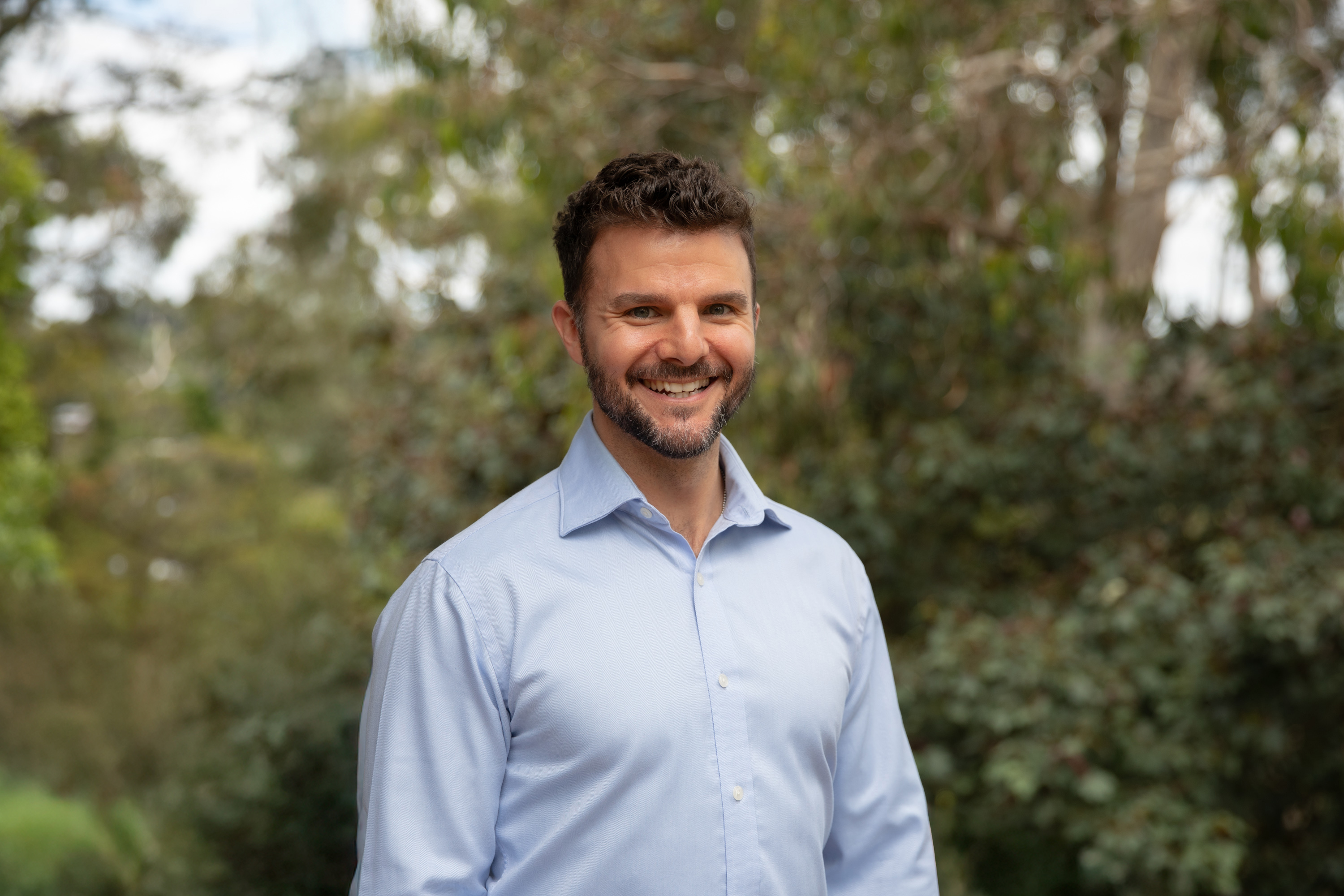Understanding Trauma: More Than Just the Past
“You can’t go back and change the beginning, but you can start where you are and change the ending.”
– C.S. Lewis
Trauma isn’t just something that happened – it’s something that can continue to live inside us if left unprocessed. Whether it stems from childhood experiences, relationships, or life-altering events, unresolved trauma has a way of shaping thoughts, emotions, and even physical health long after the event itself.
While time may create distance from the experience, it does not automatically heal trauma. Instead, trauma can linger beneath the surface, affecting daily life in ways that may not be immediately obvious.
How Unresolved Trauma Shows Up in Daily Life

Do certain situations or words make you feel intensely angry, anxious, or sad – often more than seems reasonable? Trauma can make emotions feel unpredictable or overwhelming, as past wounds get reopened by present experiences.

When the nervous system is stuck in fight-or-flight mode, everyday stress can feel impossible to manage. Unresolved trauma can make you feel constantly on edge, waiting for the next bad thing to happen.

To escape emotional pain, some people turn to distraction – work, social media, alcohol, or even shutting down emotionally. Avoidance may provide temporary relief, but it often deepens feelings of disconnection and loneliness over time.

Unresolved trauma can make it difficult to trust others, set healthy boundaries, or communicate needs. This can create patterns of conflict, withdrawal, or unhealthy attachments in relationships.

Many who experience trauma internalise blame, leading to feelings of shame or unworthiness. Even years later, these beliefs can hold people back from fully engaging in life or pursuing what they want.

Trauma isn’t just stored in the mind – it’s stored in the body. Headaches, digestive issues, muscle tension, fatigue, and even autoimmune disorders have been linked to unprocessed emotional pain.
Healing Trauma: Moving Toward Resolution
The good news? Trauma does not have to define you forever. Healing is possible, and it starts with acknowledging the impact of your experiences rather than pushing them aside.




Final Thoughts
Unresolved trauma doesn’t just go away – it finds ways to manifest until it is acknowledged and processed. But the past doesn’t have to control the future. With the right support, it’s possible to heal, grow, and reclaim your life.
You are not broken. You are healing. Book in a conversation to see how I can help.

